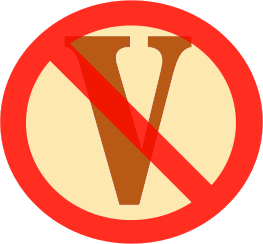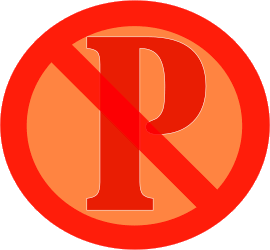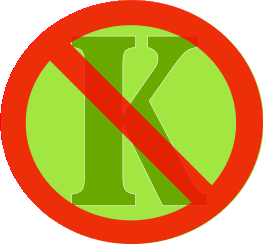TENSION BREATH HEALTH REMEDIES

Categories in Mind Stress SleepTension & BreathStressSleep PatternsEnergy-VitalityThoughts & ComprehensionMood & EmotionsCommunity, Spiritual LifeAddictions and HabitsCentral Nervous SystemPeripheral Nervous SystemOverviewDon't know your body type? Take our free Dosha quiz!
TAKE THE QUIZ
2 likes  SAVE SYMPTOM SAVE SYMPTOMDry eyes can be a sign of dehydration or irritation. Sours taste generally flushes the eyes and skin (for example: lime). 5 likes  SAVE SYMPTOM SAVE SYMPTOMIrregular tense breathing makes the nervous system tense and fails to oxygenate the blood adequately. Instead, practice slow, deep, smooth breathing. 52 likes  SAVE SYMPTOM SAVE SYMPTOMIntroduction When you experience a "nervous stomach," a looming sense of uneasiness overwhelms your abdomen, right to the pit of your gut. You get that familiar "uh-oh" feeling, even in situations where the threat is minimal, or... 60 likes  SAVE SYMPTOM SAVE SYMPTOMSudden onset of shortness of breath is a medical emergency and could indicate: A clot in the lungs (pulmonary embolism) Aspiration of a foreign body Heart attack Shortness of breath, even when mild,... 15 likes  SAVE SYMPTOM SAVE SYMPTOMTension in the jaw area is a sign of struggle. Attempts to "toughen up" or "grin & bear it" tend to cause tension and soreness in the jaw. Pain in this area may also indicate infection and abscess of a tooth. This condition should be checked by a... 23 likes  SAVE SYMPTOM SAVE SYMPTOMA trembling tongue could indicate irritated nerves. Neurons are very sensitive. In effect, they are a canary in the coal mine for imbalanced blood chemistry. Often, toxins in the blood irritate these sensitive neurons, causing a loss of fine motor... 94 likes  SAVE SYMPTOM SAVE SYMPTOMWhy You Should Check Your Tongue for Scallops We've all heard the expression "bite your tongue," but what does it mean when you unconsciously are? Teeth marks on the edges of your tongue are a sign that you are literally biting... 23 likes  SAVE SYMPTOM SAVE SYMPTOMA popping or clicking jaw is generally related to stress making the jaw tense, poor alignment of the neck and spine. The jaw is related to the throat chakra issue - responsible for filtering as well as integrating thoughts, desires and moral... 1 like  SAVE SYMPTOM SAVE SYMPTOMA sign of vasoconstriction or atherosclerosis. Indicates person is stressed, or cold. 22 likes  SAVE SYMPTOM SAVE SYMPTOMSharp language indicates anger, aggression, focused attention, intelligence, or analysis. Sharp language is concentrated and penetrating. It implies frustration with an obstacle, and motivation to overcome, fix, or move beyond it. Focused thought tends...      (5.00 out of 5 stars) 1 rating, 218 likes (5.00 out of 5 stars) 1 rating, 218 likes SAVE SYMPTOM SAVE SYMPTOMHow often should you poop? Ayurveda suggests that one bowel movement in the early morning followed by a possible second bowel movement later in the day is appropriate. Your stool should be more or less the shape and texture of a ripe banana, easy to... 5 likes  SAVE SYMPTOM SAVE SYMPTOMChest breathing means that you are expanding the chest on the breath, as opposed to just the belly. 3 likes  SAVE SYMPTOM SAVE SYMPTOMBelly breathing means when the belly expands on the breath due to the bering down of the diaphragm. Belly breathing is essential for a full deep breath. 7 likes  SAVE SYMPTOM SAVE SYMPTOMKapha individuals have steady emotions, a sign of Kapha's instability. Once angered or crossed however, Kapha people take a very long time to calm down and trust a person again. 
AYURVEDIC FACE ASSESSMENT
Learn how to assess constitution by a person's face.
|
Join Joyful Belly.
Want our top Ayurvedic recipes and health tips?Subscribe to our free newsletter!












